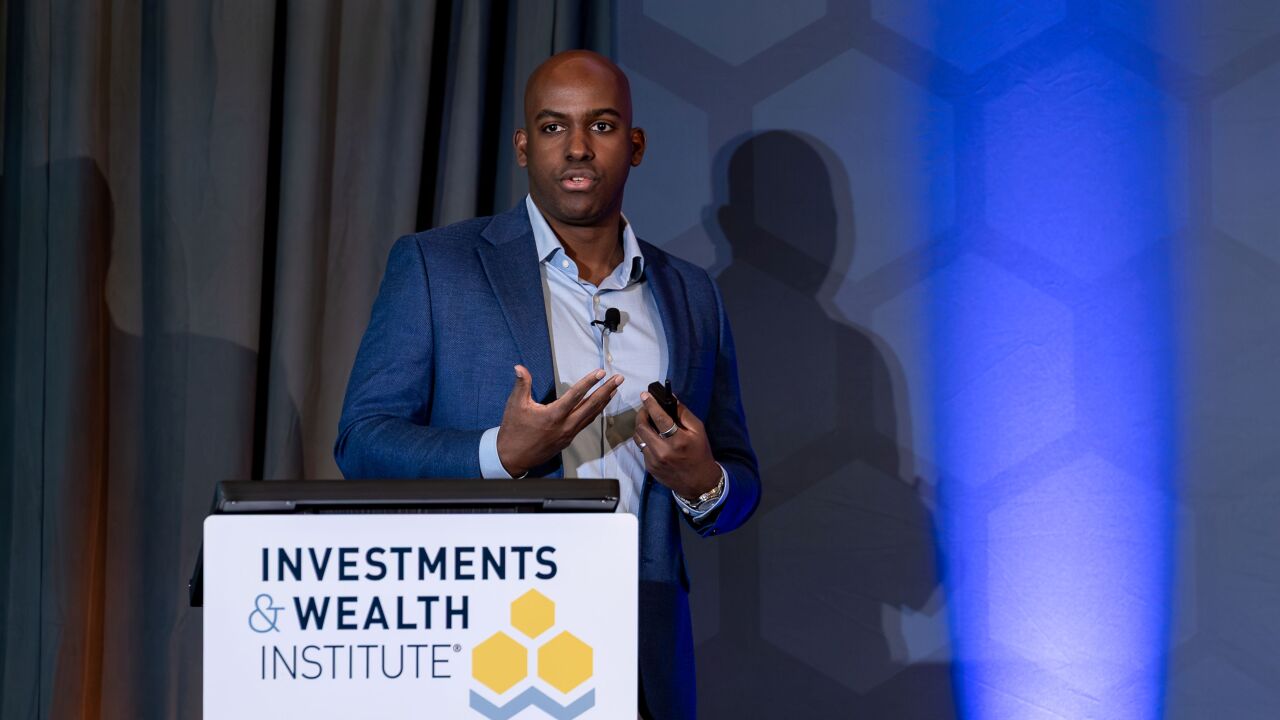Financial advisors hoping to serve tomorrow's wealthy clients need to not only engage more with them today, but also cater to their distinct interests in philanthropy, a new study suggests.
A new report on how some of the richest households in America give, published Tuesday by Bank of America Private Bank, found that wealthy women and younger investors — whose ranks are
READ MORE:
"This year's study shows … the strong influence of women and Next Gen philanthropists who are using their wealth to promote positive change in the world,"
Overwhelmingly, women are behind most charitable activity in the U.S. — 85% of household philanthropic giving was either made or influenced by a woman in 2022, the study found. In addition, most affluent women in the survey, 85%, said they "sometimes or always" consciously align their purchasing decisions with their values, compared to only 75% of the study's affluent men. Women often prefer to support organizations that promote women and girls' causes, and are much more likely than men to support racial justice.
Women need help getting on nonprofit boards, where they are still heavily underrepresented compared to men, the study found — only 16% of affluent women in the study held board seats, around half the rate at which affluent men, at 30%, held them. This underrepresentation can create an opportunity for advisors to guide women clients on how to deepen their philanthropic engagement while
The report also found that those under the age of 42 (millennials and Gen Z), who along with women are largely expected to
Younger people are much more interested in
READ MORE:
Tomorrow's givers, especially women, also
This presents another opportunity for advisors to stand out when advising wealthy clients: helping the clients track and evaluate where their donated money is going. "By helping affluent households monitor and evaluate their giving, advisors can help ensure that donors' intended positive impacts are achieved," the report authors said.
The study was conducted online in early 2023 using a "nationally representative random sample" of 1,626 individuals who each either had a net worth of at least $1 million, excluding primary residence, or an annual household income of at least $200,000. Respondents' median income was $350,000 and median net worth was $2 million.







